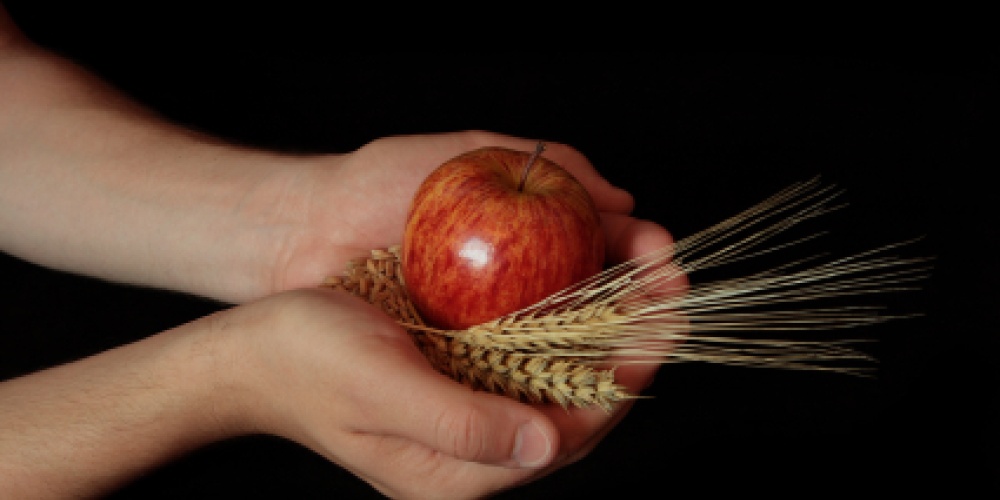“From the blessings of man, we see if he is a scholar or not” (Brachot 50a). How, and more importantly, whom one blesses tells us much about a person. How we word our blessings was of great interest to our Sages; after all, before speaking to a king, we think over each word we want to say, and mistakes reflect a lack of seriousness. How much more so when speaking to the King of Kings!
The context of this quote is the wording of the mezuman, the invitation to join in birchat hamazon, expressing our gratitude to G-d for our sustenance. If the leader says ubetuvo chayeenu, “His goodness sustains us”, then he is a Torah scholar. But if replaces the “beit” with a “mem”, and thus, says umetovo chayeemnu, “From His goodness we are sustained”, he is a boor. Rashi explains that the implication of umetovo, “from His goodness”, is that sustenance is a small matter, and we are thereby limiting our appreciation of G-d. While this is just an interpretation, and is not necessarily so, even a potential hint of a lack of gratitude classifies one as an ignoramus.
It is notable that a Torah scholar is defined less by his knowledge than by his character.
Similarly, a few lines later, Rav Yochanan notes that if one says nevarech sheachalnu meshelo, “We shall bless as we have eaten from His food”, he is a scholar; but if he adds the word l’mi, “to whom” we have eaten from, he is an ignoramus. The first formulation acknowledges that there is only One who provides food, namely G-d; whereas the second formulation could be interpreted as meaning that we are thanking the one who gave us food in this case, namely, the host.
Gratitude to G-d must lead to gratitude to His helpers. We begin by thanking G-d, but we conclude with thanking our host.
“A good guest, what does he say? ‘How much trouble my host has taken for me! How much meat he has set before me! How much wine he has set before me! How many cakes he has set before me! And all the trouble he has taken was only for my sake!’”(Brachot 58a).
| Berachot

